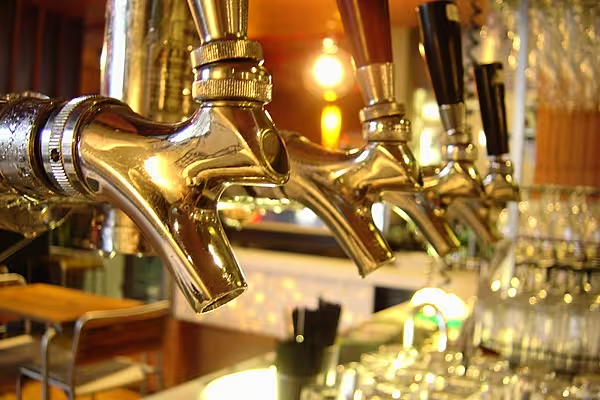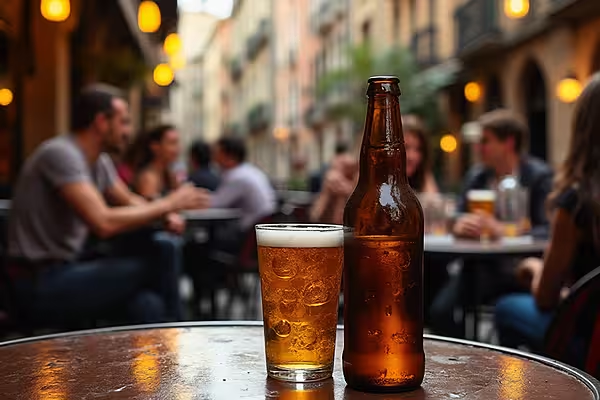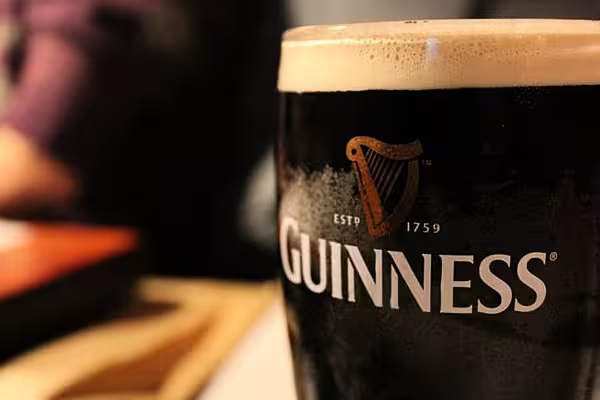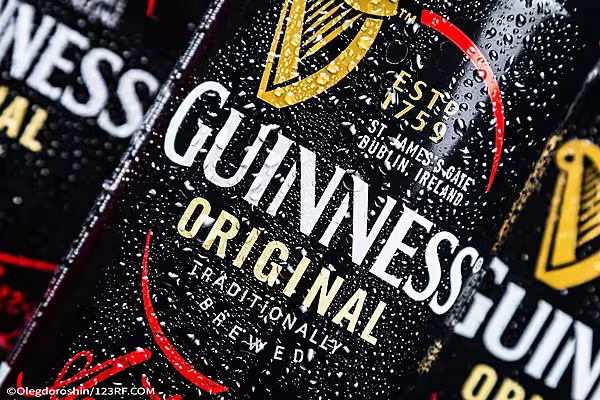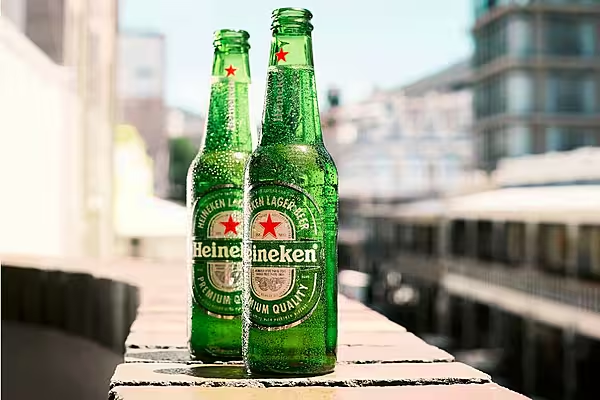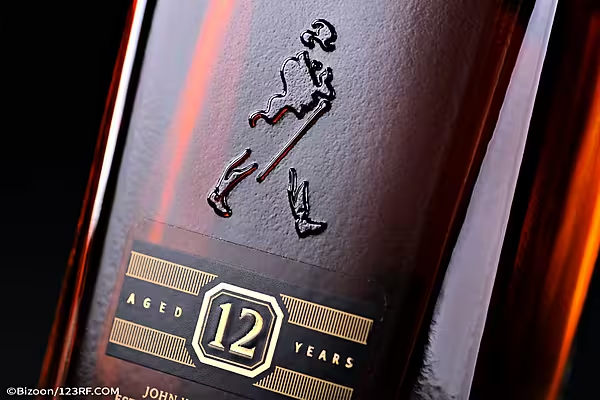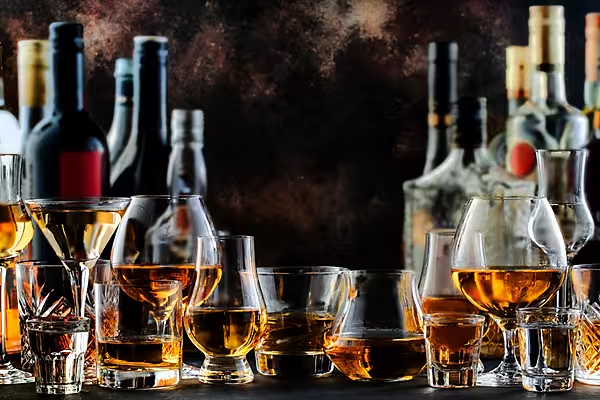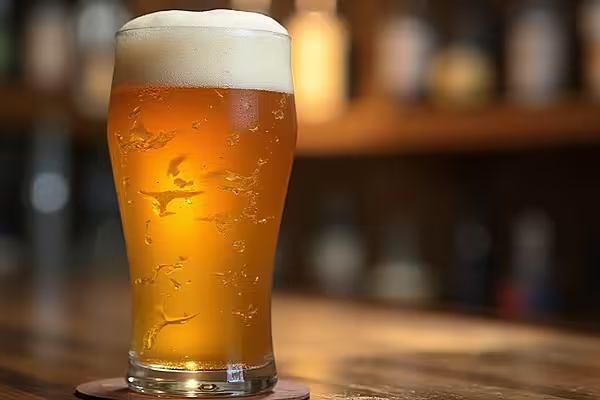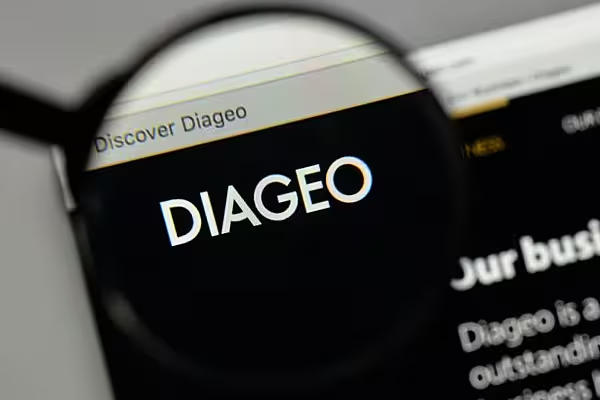Thailand will ban alcohol sales near universities and technical colleges, putting the nation at the forefront of efforts in Asia to curb consumption.
Under amendments to the Alcohol Control Act endorsed by the government yesterday and to be implemented nationwide late next month, bars, clubs and retailers will be prohibited from selling alcoholic beverages within a 300-metre radius of colleges. The measures are aimed at promoting a healthy lifestyle and tackling alcohol-related problems, including underage sex, the Ministry of Public Health said.
Thailand is moving further than other governments in countering growing demand for alcohol in Asia and the Pacific, the fastest-growing beer market for brewer Heineken. The World Health Organization has called for a 10 per cent reduction in the harmful use of alcohol by 2025 from 2010 levels, implicating it in more than 200 diseases and injury conditions that the UN agency says kill about 3.3 million people a year.
“Thailand has the strongest tradition of trying to curb alcohol consumption and reduce alcohol-related harms,” said Juergen Rehm, professor and chair of addiction policy at the University of Toronto’s Dalla Lana School of Public Health.
Thailand’s government has a taxation mechanism that “enables them to tax the hell out of any beverage which is attractive to youth,” said Rehm, who has worked with Thai authorities on alcohol programs for the past decade.
Vietnam, Philippines, Indonesia, China and some states of India have also introduced policies over the past few years to sap alcohol demand. Beer sales in Vietnam have been climbing at at least double the pace of gross domestic product growth the past five years, according to Euromonitor International. Across the region, they have climbed an average of 7.7 per cent annually over the past five years.
Bloomberg News, edited by ESM
